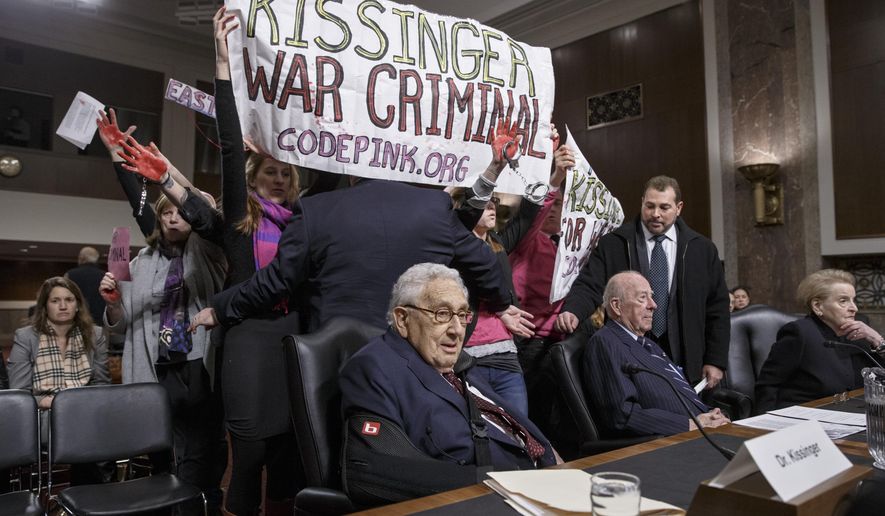In our age of intractable conflicts and “forever wars,” it is worth reflecting on an agreement struck 50 years ago that ended U.S. involvement in what was then the nation’s longest war, Vietnam.
In early 1973, the U.S. signed the Paris Peace Accords after years of excruciating public and secret negotiations. But it was not a peace deal, as all sides understood the fighting would soon resume. Nearly two years later, on April 30, 1975, Saigon fell as North Vietnamese forces overran America’s erstwhile ally in South Vietnam. President Nixon and his national security adviser, Henry Kissinger, had in 1972 anticipated this outcome as they tried to stage-manage Nixon’s “peace with honor,” a cynical ploy designed to convince the American public that his administration should not be blamed for the South’s inevitable collapse.
In this episode of History As It Happens, historian Carolyn Eisenberg discusses the important lessons U.S. foreign policymakers haven’t learned from the phony peace of 1973. And Southeast Asia expert Andrew Wells-Dang of the U.S. Institute of Peace talks about the decades-long reconciliation between the U.S. and Vietnam that led to the normalization of bilateral relations in 1995.
“To send troops into other countries to try to determine what their government should be or what their economic arrangements should be, we should have learned that lesson in 1973,” said Ms. Eisenberg, the author of “Fire and Rain: Nixon, Kissinger, and the Wars in Southeast Asia.” In her view, many of the seeds of our current problems were planted during the Vietnam debacle, namely an excessive reliance on military force projection as a substitute for real diplomacy.
History As It Happens is available at washingtontimes.com or wherever you find your podcasts.




